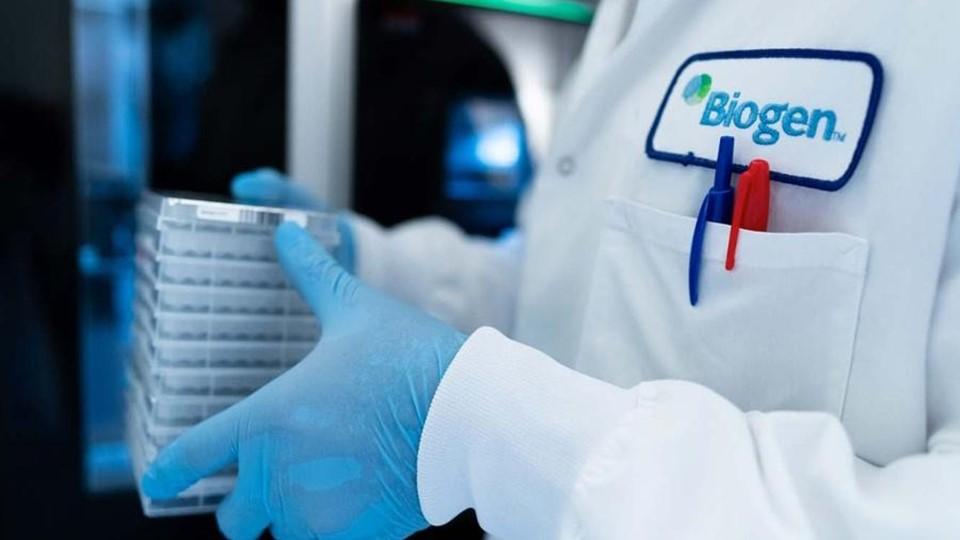Roche's SMA drug gets PRIME regulatory status in Europe

Roche is hoping to challenge Biogen with a new treatment for the rare muscle wasting disease spinal muscular atrophy – and the plans just got a boost after European regulators gave it special priority.
The European Medicines Agency granted risdiplam PRIME (PRIority MEdicines) status, which aims to hasten development of drugs representing a significant improvement over existing treatments for serious diseases.
PRIME gives a pathway for an accelerated review for risdiplam, an orally administered, survival motor-neuron-2 gene splicing modifier.
Data so far suggest the treatment has produced improvements in motor function in people with SMA Types 1, 2 and 3.
Roche said that there is an increasing body of clinical evidence suggesting the disease is a multi-system disorder, and the loss of a protein known as survival motor neuron (SMN) may affect many tissues and cells beyond the central nervous system.
A small molecule, risdiplam is systemically distributed and designed to durably increase SMN protein levels in the central nervous system and throughout the body.
Roche leads clinical development of risdiplam, as part of a collaboration with the SMA Foundation and PTC Therapeutics.
PRIME designation for risdiplam is based on data from Part 1 of the pivotal studies FIREFISH - evaluating safety and determining dosage in infants with Type 1 SMA - and SUNFISH in children and adults with Type 2 and 3 SMA.
Interim data from Part 1 of the FIREFISH study, shared at the World Muscle Society (WMS) Congress 2018, showed that infants with Type 1 SMA treated with risdiplam met developmental milestones, including sitting without support.
Of 21 risdiplam-treated patients, 19 remained alive with two having discontinued due to fatal progression of their disease.
No infant has required a tracheostomy or permanent ventilation since study initiation, and no infant has lost the ability to swallow.
The most common adverse events were fever, occurring in 52.4% of patients and diarrhoea (26.8% of patients), as well as several problems including upper respiratory tract infections and ear infections.
Interim data from Part 1 of the SUNFISH study in Type 2 and 3 SMA, also presented at WMS 2018, demonstrated a median, at least 2-fold increase in SMN protein levels in the blood following 12 months of treatment.
In 30 patients treated with risdiplam for at least a year, the median change from baseline in Motor Function Measure, the primary endpoint in the confirmatory part of SUNFISH and a scale used to assess motor function in neuromuscular diseases, was a 3.1-point improvement.
Serious adverse events were nausea (4%), upper respiratory tract infection (4%) and vomiting (4%).
To date there have been no drug-related safety findings leading to withdrawal from the FIREFISH or SUNFISH studies, Roche noted.
SMA affects around one in 11,000 babies, and can cause diminished or even lost ability to walk, eat, or breathe.
Biogen’s Spinraza (nusinersen) is already approved in Europe, but is hugely expensive and was rejected by England’s cost-effectiveness body NICE earlier this year.
NICE has asked for further talks with Biogen to get the drug to patients.












